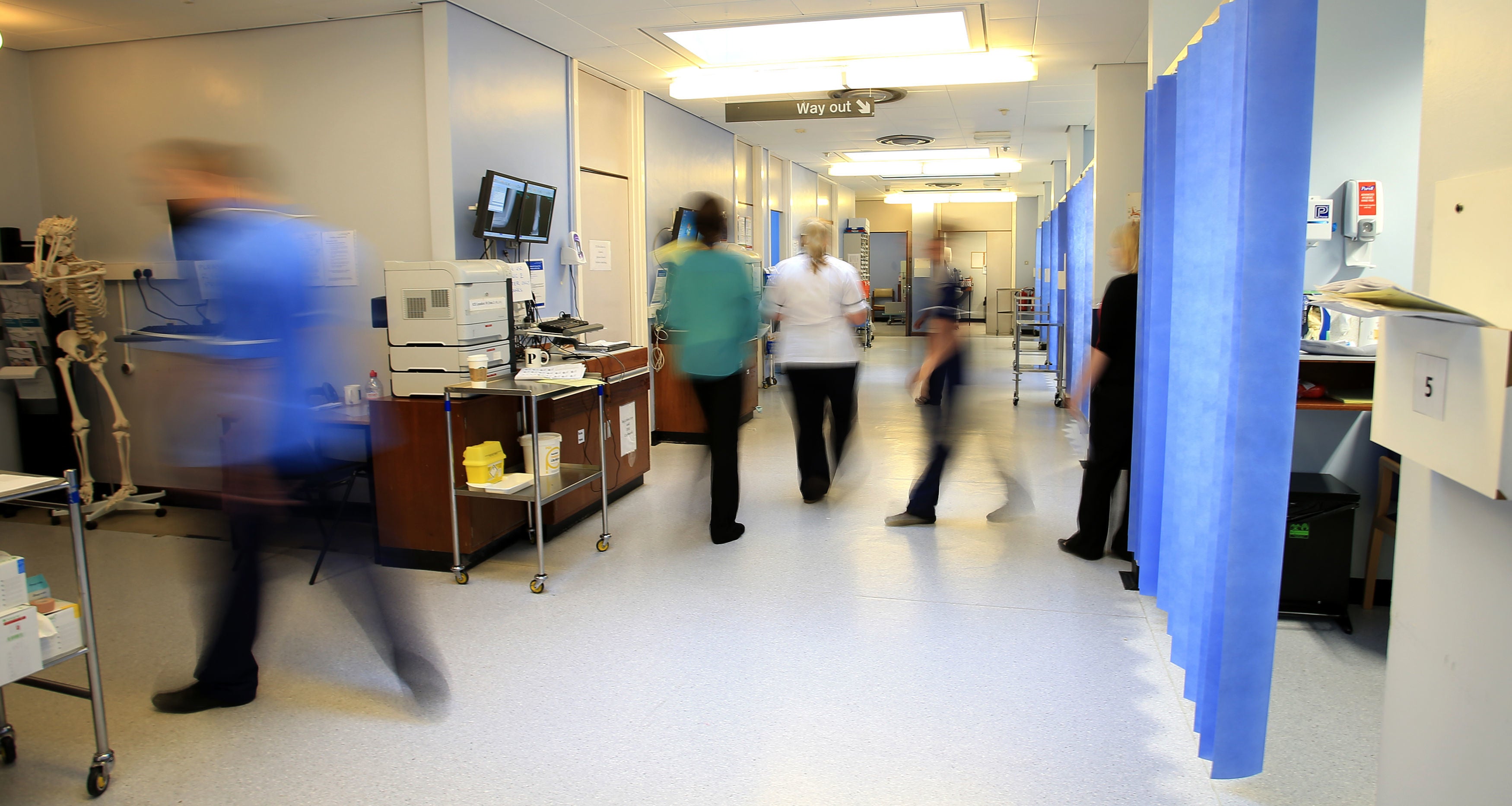More than 300,000 NHS patients waiting over a year for routine surgery
‘The latest wave of Covid may have subsided, but the huge sea of need behind it is now coming into view’

More than 300,000 NHS patients in England have now been waiting more than a year for routine surgery, according to the latest NHS data.
The statistics for waiting times in January show the impact of the second wave of coronavirus, with year-long waits jumping by 75,000 in a month from December 2020.
The number of people having to wait more than 52 weeks for hospital treatment stood at 304,044 in January 2021, the highest number for any calendar month since January 2008. There were just 1,643 patients waiting over a year in January 2020.
Hospitals in England saw the number of patients admitted for routine treatments in January fall by 54 per cent compared to the year before. A total of 139,378 patients were admitted, compared with 304,888 in January 2020.
During January hospitals saw almost 40,000 patients admitted to hospital across the UK at the peak of the surge with many NHS trusts forced to cancel operations and set up makeshift critical care wards.
The level of admissions to hospital dropped 25 per cent in December compared to 2019 and in November fell 27 per cent.
NHS England said that despite these pressures 1.3 million non-Covid patients were treated in January, compared with 847,000 in April, during the first wave of the virus.
As well as operations the latest data shows almost 380,000 patients in England waited more than six weeks for a key diagnostic test in January.
A total of 377,651 patients were waiting for one of 15 standard tests, such as an MRI scan. This compares to just 46,157 in January 2020.
The numbers waiting for tests reached a peak of 571,459 in May last year.
Cancer referrals in January also fell by 11 per cent, with a total of 171,231 urgent referrals by GPs, compared with 191,852 in the same month in 2020.
The overall waiting list for planned or elective treatment is now estimated at almost 4.7 million people with a third of patients waiting beyond 18 weeks. The NHS constitution states patients should start treatment within 18 weeks but the official target has not been hit since 2015.
There are now more patients waiting for treatment than at any point since records began in August 2007.
The true demand for NHS services could be significantly higher, as estimates suggest as many as 5.9 million fewer patients were referred for treatment in 2020, compared to 2019 as a result of the coronavirus.
Tim Mitchell, vice-president of the Royal College of Surgeons of England, said: “These numbers reflect the dire situation that engulfed our hospitals in January. Covid transmission and admissions escalated at an alarming rate, putting tremendous strain on our healthcare system.
“In London, for instance, surgical staff and facilities were re-deployed to look after patients with the virus. There was a serious threat hospitals would be pushed beyond their limits, and even urgent cancer surgeries were postponed.
“Behind today’s statistics are people waiting in limbo. Many will be in considerable pain, others will have restricted mobility and be at risk of isolation and loneliness. Dealing with this daunting backlog will take time, and also sustained investment in the NHS.
“Frontline healthcare staff in hospitals have been fighting this crisis for a year. Many are exhausted and need time to recover. The latest wave of Covid may have subsided, but the huge sea of need behind it is now coming into view.”
The NHS Confederation has warned if only two thirds of these patients are referred this year, they could swell the waiting list to unprecedented levels with more than eight million patients waiting by October this year.
Dr Susan Crossland, president of the Society for Acute Medicine, said: “This week has been manic and flow through acute medical units is suffering due to the necessary infection control measures in place and the effect that has on reducing bed numbers.
“While Covid cases are dropping, we are still seeing some cases and it is critical that with schools and colleges back we continue with current guidelines regarding the lockdown and its easing.
“Elective work is restarting imminently and this will add to the pressure on already exhausted staff.”
The increasing waiting lists mean the NHS will face significant backlogs that could last years.
Private hospitals have been contracted by NHS England to deliver more NHS operations.
David Hare, from the Independent Healthcare Providers Network said private hospitals had delivered 2.8 million NHS operations since last March. He said: “With patients waiting ever longer for care, independent providers are going to need to remain an essential part of NHS capacity to ensure that NHS patients can access the care they need quickly and safely.”
Subscribe to Independent Premium to bookmark this article
Want to bookmark your favourite articles and stories to read or reference later? Start your Independent Premium subscription today.

Join our commenting forum
Join thought-provoking conversations, follow other Independent readers and see their replies